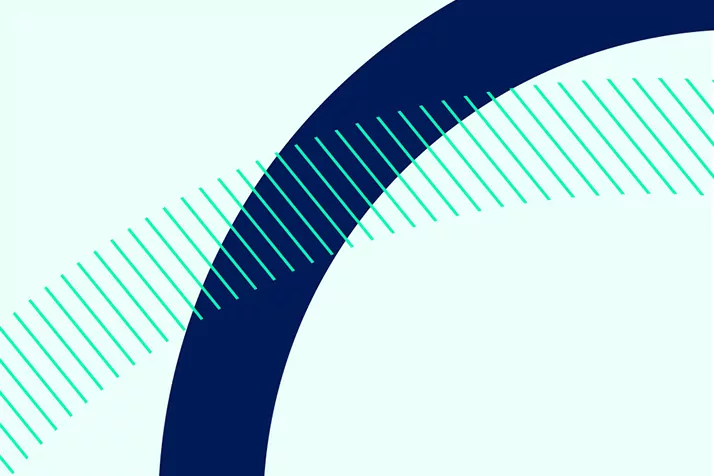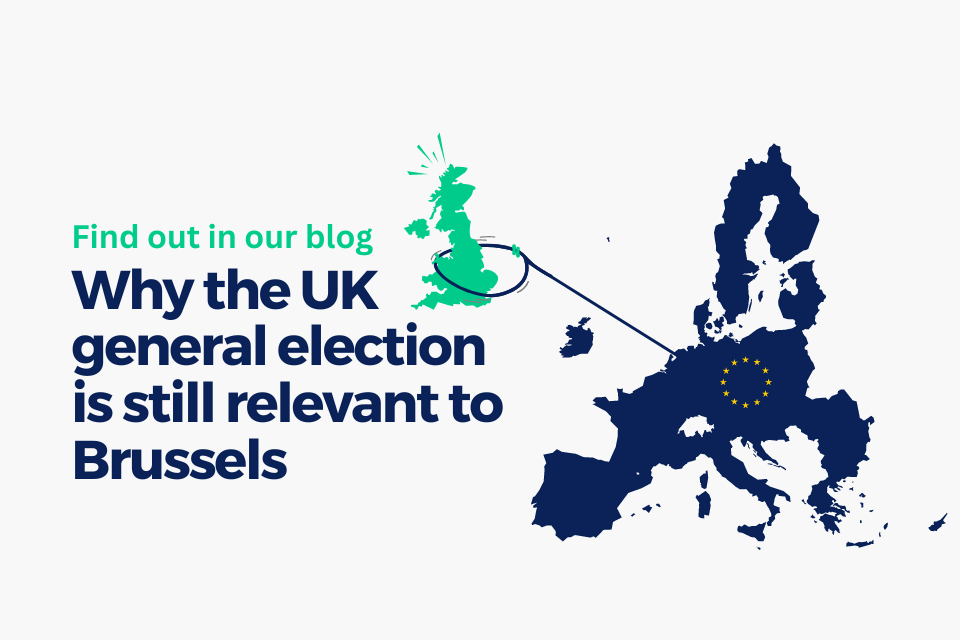European elections? “not that relevant…”
Acumen is publishing a special blog series in the run-up to the European elections in May 2019. We continue our tour of Europe with a closer look at the Dutch political landscape.
#EUWhatsNext
Much to the confusion of politicians, citizens, and experts alike, Dutch Prime Minister Mark Rutte has publicly questioned the relevance of the European elections: in a recent interview on Sunday afternoon TV political show Buitenhof (13 January 2019) in which he took a swipe at the “white-wine-sipping Amsterdam elites.” It’s true that Rutte was always one of the more Eurosceptic leaders and has been a strong voice against greater eurozone integration, including a special budget, but, since becoming prime minister in 2010, he has gradually taken on the role of – in the words of journalist Jaap Janssen – Europe’s “oliemannetje”: someone who builds bridges and manages to open seemingly closed doors (even, until recently, to Brexit Britain).
So, what’s going on?
Rutte, who inevitably said he had been misunderstood in Buitenhof, was heavily scrutinized during the government’s annual discussion on the European Union (in early February) by Members of Parliament and MEPs. They said Rutte is two-faced, still playing his old game of belittling the European Parliament. This criticism comes at an awkward time for the Prime Minister. On 20 March 2019, the Dutch will vote in provincial elections, with their outcome normally considered to directly reflect the national coalition government’s performance. And the coalition is still recovering from several storms.
The third cabinet under Rutte (Rutte III), composed of Rutte’s conservative-liberal People’s Party for Freedom and Democracy (VVD), the centre-right Christian Democratic Appeal (CDA), liberal Democrats ‘66 (D’66) and the mildly eurosceptic Christian Union (CU), took office in October 2017 and has been strongly divided over several core issues. Most recently, the cabinet barely survived a crisis around the so-called “kinderpardon”, the rules regarding refugee children without a permit to stay in the Netherlands. And, at the end of last year, it had to withdraw, after a long and fierce debate, the proposed abolition of the dividend tax, a great disappointment to Rutte and the VVD. In the meantime, the debate around the Dutch climate deal, launched in December 2018, is, well, heating up.
What do the polls say?
Politico’s projections for the European elections and the most recent polls in the Netherlands (29 January 2019) reveal that the VVD remains the largest Dutch political party in terms of popular support, with around 16 per cent. The second largest, nationally and at EU level, is now Geert Wilders’ right-wing populist Party for Freedom (PVV) (12 per cent), followed by the Green Party, GroenLinks (11.5 per cent), the very new and eurosceptic/nationalist Forum for Democracy (FVD) (10 per cent), the CDA (7.5 per cent) and D’66 (7 per cent). The Labour party (PvdA), for which European Commissioner Frans Timmermans is the lead candidatein the European elections on May 23, ranks eighth biggest party (just 5 per cent compared to 9.4 per cent in 2014).
It should, however, be noted that a survey conducted by Maurice de Hond (October 2018), showed that 58 per cent of Dutch voters are in favour of Timmermans becoming the next European Commission President. Therefore, the PvdA’s current poor performance notwithstanding, with Timmermans nominated as Spitzenkandidat for the Progressive Alliance of Socialists and Democrats (S&D) in the EP, it may out-perform its current polling.
Arrivals and departures
Via Brexit, the Netherlands gets three additional seats – from 26 to 29 in 2019 – in the European Parliament. This is not the only change. Several prominent MEPs, like Lambert van Nistelrooij (EPP), Marietje Schaake (ALDE), Judith Sargentini (Greens–European Free Alliance) and Hans van Baalen (EPP), are not standing. And, even though political parties still have until 9 April 2019 to submit their final list of candidates, we know already that Malik Azmani will be VVD’s leading candidate. Bas Eickhout (GroenLinks) was elected as Spitzenkandidat for the European Greens and Esther de Lange (CDA) and Sophie in ‘t Veld (D’66) will both run for another term.
The future of the Netherlands in the EU
Rutte’s questioning of the relevance of the European Parliament elections is somewhat ironic. Measuring the relevance of EU Member States at the European level, the EU Coalition Explorer of the European Council on Foreign Relations, concludes that, while fourth behind Germany, France and Italy (sic), the “Netherlands is the best example of a country punching above its economic or demographic weight” and will have to start looking for new allies after Brexit. Some MEPs would agree. Marietje Schaake shared her vision for the Netherlands during an ECIPE seminar on the Future of the European Union in February. She said Rutte should make himself more relevant in the EU, while underscoring that the Netherlands has work to do in asserting itself more prominently as a trading nation, especially after Brexit.
Rutte has, however, ruled himself out as a replacement for Donald Tusk as president of the European Council while working to attract companies to move from the UK to the Netherlands post-Brexit. His foreign minister, Stef Blok, has similarly pushed for Dutch officials to fill the void left by departing Brits in Brussels.


